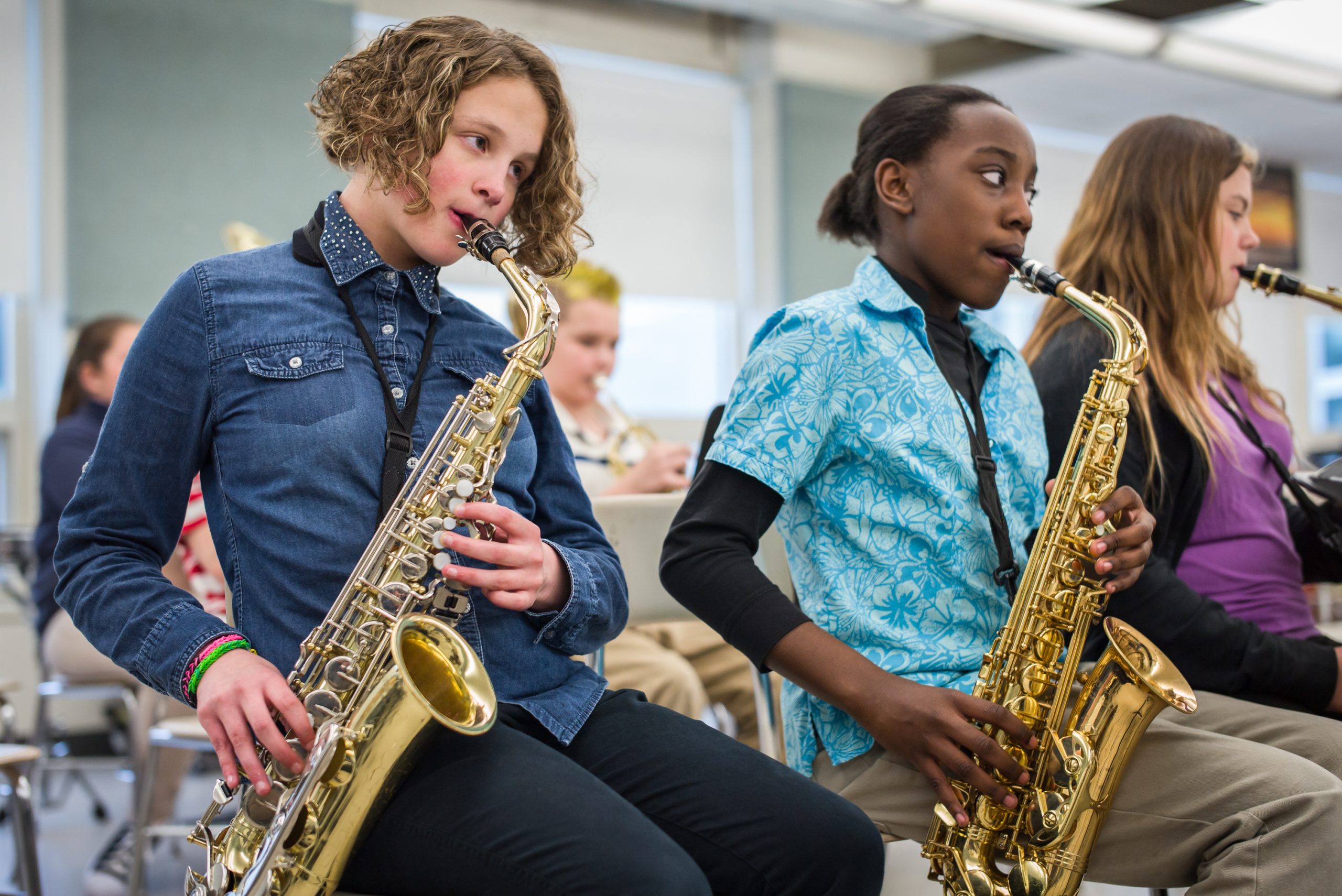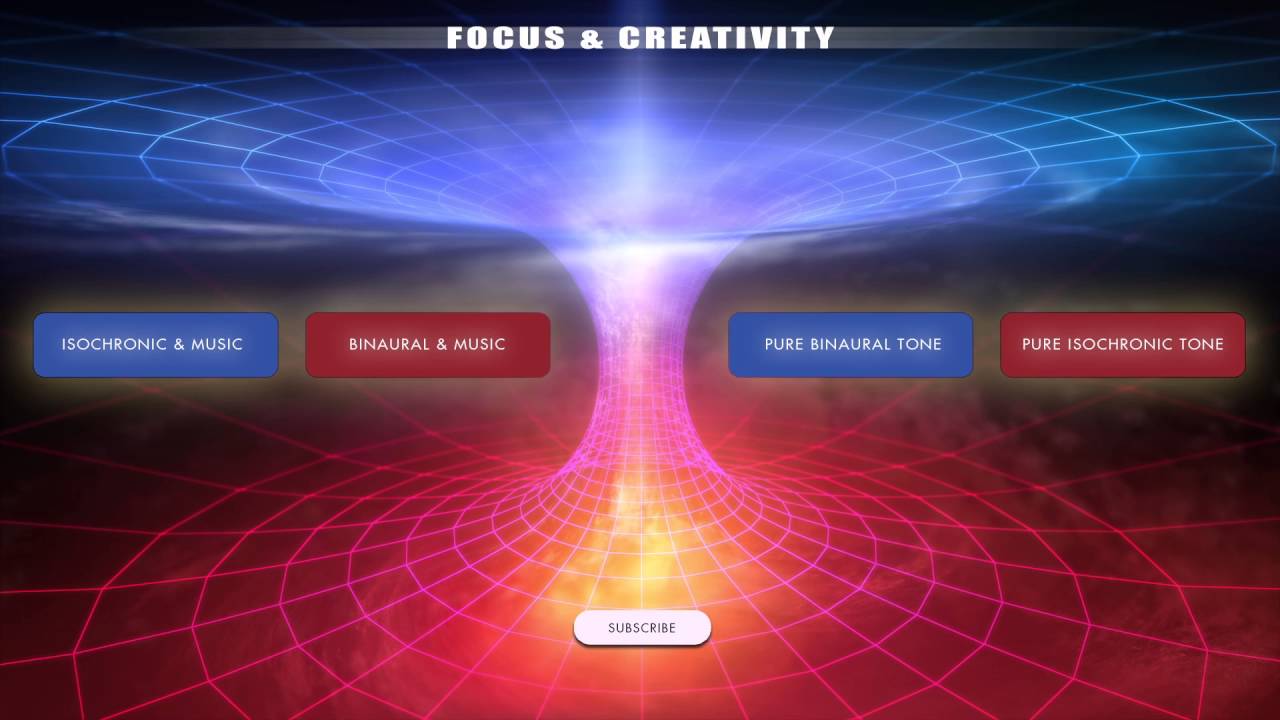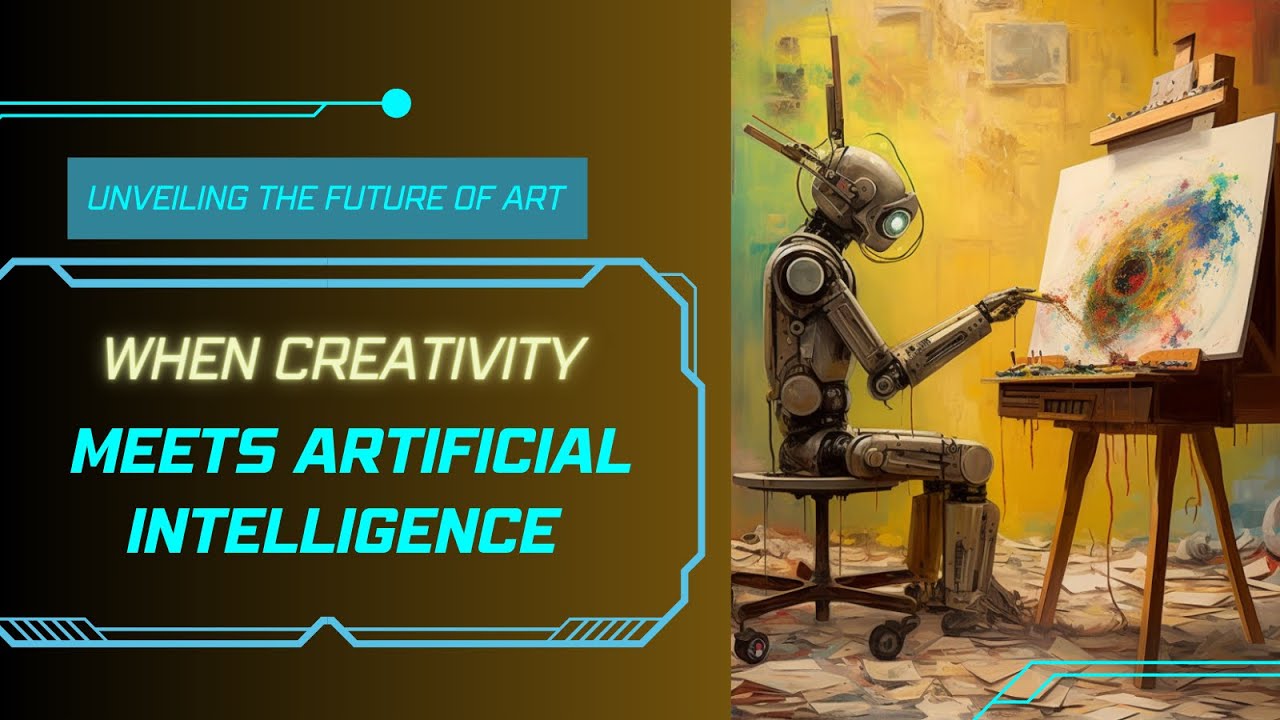The Impact of Music Education on Personal Development and Creativity

The Transformative Power of Music Education
Music education goes beyond merely mastering scales or memorizing song lyrics; it enriches the fabric of personal development while unlocking astonishing creative potential. Playing an instrument or participating in a chorus allows individuals to express themselves emotionally, providing a unique outlet for feelings that may often be difficult to articulate. This engagement not only nurtures emotional intelligence but also cultivates cognitive abilities that contribute to a holistic educational experience.
Numerous studies substantiate the myriad benefits that music education can have on students. For instance, children involved in music programs show improved academic performance, particularly in subjects like math and reading. This can be attributed to the enhanced focus and discipline gained through regular practice and participation in musical activities. Learning to read music is akin to learning a new language, requiring students to develop both analytical and auditory skills that translate well into other academic areas.
Furthermore, music education acts as a powerful catalyst for building self-esteem. As students navigate the complexities of musical collaboration—with peers during rehearsals or performances—they learn valuable lessons about teamwork. Sharing their artistic expression helps them gain confidence in their abilities and fosters a sense of accomplishment. For example, a shy student who participates in a school band may find enormous personal growth by performing in front of an audience, feeling a sense of belonging in a collective effort.
Engagement with various musical genres and instruments leads to a marked increase in creativity. Students discover the joy of exploration as they experiment with styles ranging from classical to jazz, and even contemporary pop. This exploration not only widens their artistic horizons but also inspires innovative thinking that can benefit them in their academic pursuits and future careers.
Moreover, better social skills are fostered through structured group activities like ensembles or orchestras. Here, students learn how to listen actively and communicate effectively, essential tips for collaboration that extend well beyond the music classroom. For instance, participating in a marching band can teach students the importance of commitment, as they need to synchronize their movements and sounds with a larger group, promoting leadership and camaraderie.
In the United States, the integration of music education programs is gaining momentum within school curriculums. This shift underlines the importance of a well-rounded education. As we continue to explore the profound impact of music education, it becomes evident that students are not just becoming musicians; they are evolving into adaptable individuals, equipped to face life’s multifaceted challenges with creativity and resilience. The journey through music education empowers them not just academically but also socially and emotionally, laying a robust foundation for their future.
EXPLORE MORE: Click here to dive deeper
Unlocking Potential Through Melody
The journey of music education unfolds in layers, significantly influencing personal development and fostering creativity in young minds. From an early age, students are exposed to the magic of sound, rhythms, and melodies. This exposure not only nurtures an appreciation for culture and art but also lays the groundwork for critical life skills. As children engage in music-making, they learn to navigate the complexities of both structured and improvisational environments, essential for enhancing their overall cognitive flexibility.
One of the most profound effects of music education is its influence on cognitive development. When students learn to play an instrument or read music, they engage multiple areas of the brain simultaneously, enhancing their ability to process information. Research indicates that music education aids in the development of skills such as memory retention, spatial-temporal skills, and even language acquisition. For instance, a study conducted by the National Endowment for the Arts found that children who participated in music programs scored higher on standardized tests than those who did not, highlighting the direct correlation between musical training and academic performance. This indicates that music acts as a powerful cognitive exercise, sharpening the intellectual tools necessary for success in various subjects.
In addition to cognitive benefits, music education plays a pivotal role in cultivating resilience and perseverance. Learning an instrument is not without its challenges; it demands patience and a willingness to embrace failure. Whether it is grappling with difficult pieces or refining their technique, students face obstacles that teach them to confront adversity constructively. Overcoming such hurdles equips them with a robust mindset, crucial for tackling challenges in other areas of life. This invaluable lesson is particularly poignant for students participating in competitive settings, such as music festivals or auditions, where they learn to handle pressure and maintain focus under scrutiny.
A critical component of personal growth through music education is emotional expression. Music acts as a universal language, allowing students to articulate feelings that might be hard to express in words. Engaging with various musical styles, whether through composition or performance, enables a deep personal connection and reflection. It offers a safe space for self-exploration, encouraging students to embrace vulnerability—a key factor in emotional intelligence. By regularly expressing themselves through music, students develop a profound understanding of their emotions and learn to empathize with others, fostering healthier interpersonal relationships.
To grasp the multi-faceted impact of music education, one can consider several key factors:
- Cognitive Skills: Improvement in memory, language skills, and academic performance.
- Emotional Growth: Increased emotional intelligence and empathy through artistic expression.
- Social Skills: Enhanced collaboration and communication through group performances.
- Resilience: Improved ability to face challenges and manage failure in a constructive manner.
As opportunities for music education continue to expand across the United States, it is crucial for educators and policymakers to acknowledge these vital benefits. Students who engage deeply in music not only become more adept at playing instruments or singing—they emerge as well-rounded individuals equipped with the skills necessary to navigate life’s complexities with creativity and confidence.
| Category | Description |
|---|---|
| Cognitive Development | Music education enhances cognitive skills such as memory, attention, and problem-solving. |
| Emotional Growth | Engaging in music cultivates emotional intelligence, allowing individuals to express and manage their feelings effectively. |
| Social Skills | Participating in group music activities nurtures teamwork and communication abilities. |
| Creativity Enhancement | Music education encourages innovative thinking and problem-solving skills through the exploration of diverse musical styles. |
Music education not only enhances creative expression but also plays a significant role in personal development by cultivating essential life skills. Research indicates that students involved in music programs tend to excel in academic performance due to improved critical thinking and cognitive abilities. For instance, students who learn to play an instrument demonstrate higher IQ levels compared to their peers. Additionally, music fosters emotional resilience—the ability to cope with stress and navigate life’s challenges. Engaging with music allows individuals to connect with their feelings, promoting well-being and reducing anxiety. Furthermore, embracing music in educational settings forms a foundation for lifelong learning habits and social relationships. Collaborative music-making experiences foster a sense of community, encouraging students to build friendships through shared creative endeavors. From learning to perform in a band to improvising in a music class, each interaction lays groundwork for enhanced communication and interpersonal skills, preparing students for future collaboration in various aspects of life. Consequently, the impact of music education transcends mere artistic expression, significantly influencing personal growth and creativity in ways that are profound and lasting.
DIVE DEEPER: Click here to discover the art of landscape photography
The Harmonious Connection Between Music and Social Skills
Beyond personal development, music education also plays a crucial role in enhancing social skills. In the context of music ensembles, orchestras, or bands, students learn to work collaboratively toward a common goal, fostering friendships and strengthening community ties. This cooperative learning environment encourages communication and teamwork, allowing students to navigate group dynamics effectively. Research shows that students involved in music programs often report higher levels of social engagement and a greater sense of belonging in school, contributing to their overall emotional well-being.
Another key aspect of social skills development in music education is leadership. As students progress, they often take on roles such as section leaders or conductors, facilitating group discussions, guiding rehearsals, and providing constructive feedback to peers. These responsibilities foster accountability and encourage proactive behaviors, skills that are invaluable in both academic and professional settings. For example, former band members frequently testify to how their experiences prepared them for leadership roles in their careers, showcasing the long-term implications of music education on personal growth.
In addition to social skills, music education significantly contributes to critical thinking and problem-solving abilities. Engaging with complex compositions or improvisational tasks requires students to think on their feet and make quick decisions. As they analyze musical pieces, they often encounter diverse interpretations and perspectives, prompting them to evaluate options critically and innovate solutions. This practice nurtures a mindset that values inquiry and creativity, essential for success in any field. According to the Arts Education Partnership, students involved in music education display heightened critical thinking skills that extend beyond academics, impacting their personal and professional lives in profound ways.
Cultural Awareness is also a noteworthy benefit of music education. Exposure to various musical genres and traditions broadens students’ horizons, revealing diverse cultural narratives and practices. Understanding the cultural context of music encourages respect for others and fosters a sense of global citizenship. With the growing integration of world music into American classrooms, students gain insights into different societies, enhancing their appreciation for multiculturalism. This enriched cultural perspective can lead to more engaged citizens who contribute positively to a more inclusive society.
Moreover, the integration of technology in music education has opened vast opportunities for creativity and artistic expression. With the advent of digital music production tools and software, students can explore innovative ways to create and share their music. This not only boosts their technical skills but also fuels their creativity by allowing them to experiment with sound and structure. Many young musicians are now crafting original compositions and collaborating online, demonstrating that the contemporary landscape of music education is continually evolving to meet the needs of a technology-savvy generation.
Furthermore, studies indicate that participation in music education can lead to improved mental health outcomes. The act of making music has therapeutic effects that reduce stress and anxiety, promote emotional regulation, and enhance overall mental well-being. The ability to engage with music—whether through playing an instrument, singing, or simply listening—provides an emotional outlet, helping students to cope with the pressures of daily life. Initiatives such as the Music and Health Alliance are increasingly recognizing the role of music in fostering mental health, integrating it into wellness programs to support emotional resilience among students.
As music education continues to be a vital component of the academic landscape, acknowledging its multifaceted benefits is essential for creating well-rounded individuals capable of thriving in various aspects of life, both personally and professionally.
DISCOVER MORE: Click here to learn about the therapeutic power of music</p
Conclusion: Unleashing Potential Through Music Education
In conclusion, the impact of music education on personal development and creativity is both profound and far-reaching. As explored throughout this article, music education cultivates essential life skills, including enhanced social skills, critical thinking, and cultural awareness, all of which contribute to well-rounded personal growth. By engaging in collaborative musical activities, students not only forge lasting friendships but also develop the ability to communicate and lead effectively. Moreover, the cognitive challenges presented by music education stimulate critical thinking and innovative problem-solving, preparing students for diverse career paths.
The incorporation of technology into music curricula further amplifies this creative potential, empowering students to explore and experiment in ways previously unimaginable. With the rise of digital music tools, young musicians are afforded platforms to express their creativity and share their work globally, which enhances their artistic voices and fosters collaboration across cultures.
Perhaps most importantly, the therapeutic aspects of music education play a vital role in promoting mental health and emotional resilience. The act of creating and engaging with music offers a sanctuary for self-expression, providing relief from the stresses of everyday life. As such, music education serves not only as a conduit for artistic expression but as a critical component of holistic education that nurtures both the mind and spirit.
As we look to the future, it is imperative to advocate for the continued integration of music education in schools, ensuring that every student has the opportunity to unlock their potential and flourish in all areas of life. By championing music education, we invest in a generation capable of thinking creatively, connecting empathetically, and leading with purpose.


